Public Health Agency of Canada Releases First Report on Psychological Manipulation of Citizens
Under Chief Medical Officer Theresa Tam, the Public Health Agency of Canada has launched a behavioural science office and released a report on persuasion tactics for compliance...
One-time or recurring donations can be made through Ko-Fi:
By Tamara Ugolini September 27, 2024
Under Chief Medical Officer Theresa Tam, the Public Health Agency of Canada has launched a behavioural science office and released a report on persuasion tactics for compliance, raising ethical concerns about transparency in how taxpayer money is used to influence public behaviour.
Canada’s public health agency has established a behavioural science office (BeSciO) and has recently released its first report detailing its persuasion of public compliance under the guidance of Chief Medical Officer of Canada, Theresa Tam.
Tam, who also serves on various World Health Organization committees, has been heavily scrutinized for this conflict of interest in recent years.
The report starts with a land acknowledgment and outlines the Public Health Agency of Canada’s progress in establishing BeSciO from April 2021 to March 2023. Launched in Spring 2021, BeSciO emphasizes the importance of human behaviour in public health and supported the government's pandemic response with critical advice and evidence.
The report defines behavioural science (BeSci) as a multidisciplinary field that studies human behaviour and decision-making by integrating psychology, neuroscience, and social sciences. It emphasizes the importance of understanding psychological, sociocultural, and systemic factors that influence decision-making, enabling practitioners to create effective solutions that impact behaviour-based outcomes.
It’s noted in the report that BeSciO has “joined forces with the Office of the Chief Public Health Officer, the World Health Organization, the Organisation for Economic Co-operation and Development and the Behavioural Insights Team, to name only a few.” As such, it’s important for the public to be prepared for the “crazy ideas” coming down the pike, as stated by WHO director-general Tedros Ghebreyesus during a strategic roundtable on behavioural science for better health in 2022.
Tam confirms collaboration with the WHO, utilizing their behavioural insights tool to monitor compliance with public health measures.
The new unit says it is “indebted to the incredible staff of BeSciO, as well as PHAC’s Data, Surveillance and Foresight Branch (formerly Corporate Data and Surveillance Branch).”
The report is signed by Heather Devine and Dhurata Ikonomi, but the rest of the behavioural science team remains unclear. Notably, while partner Impact Canada lists its behavioural insight team, neither Devine nor Ikonomi are included, suggesting the government employs behavioural scientists in various, less transparent roles beyond public health.
BeSciO was formed after a “needs assessment” was conducted in April 2021, and then Minister of Health Patty Hajdu, who is said to have “recognized the critical role of human behaviour in public health.”
“Creating BeSciO introduced an innovation and experimentation function within the Branch to support PHAC's revitalization as a world-leading, data-driven public health organization,” it says.
It would appear that one of their first tasks was the May 2021 memo titled “Testing Behaviourally-Informed Messaging In Response To Severe Adverse Events Following Immunization” where messaging and communication around COVID-19 vaccine injuries needed to be framed in a way that did not compromise the government's safe and effective marketing slogan.
Faced with mounting distrust in public health after its grotesque failures in pandemic handling and response, in its first year, BeSciO aimed to address “priority areas such as vaccine confidence, public health measures, combatting mis/disinformation, borders measures, and public health communications to inform key pandemic response activities. In its second year, BeSciO expanded its focus to new areas that emerged as critical to PHAC’s mandate, including climate change and infectious disease, mental health, and antimicrobial resistance.”
The new office highlights the growing global use of behavioural science to improve health outcomes by addressing human decision-making tendencies. It aims to predict responses to policies, identify barriers to health-promoting behaviours, design aligned programs, and evaluate interventions for better outcomes. In its first two years, it completed 11 research projects, responded to over 50 advice requests, recruited 10 fellows, conducted 10 training sessions, expanded its community of practice by 308 members, and published 63 newsletters on topics including COVID-19, public trust, mental health, and climate change.
It further outlines how it came after the WHO developed the behavioural insights tool – the organization that says “One of the most critical elements of reducing virus transmission is public behaviour.”
BeSciO plans to use its research to gauge Canadians' intentions regarding public health measures, studying misinformation and public trust in PHAC. Future project areas include antimicrobial stewardship, childhood immunizations, mask-wearing, mental health, and climate change. They will apply the IMPActS model to shape perceptions and behaviours, which involves identifying policy challenges, mapping targeted changes, prototyping solutions, testing effectiveness, and scaling successful strategies. Notably, their efforts include supporting routine childhood immunization programs during the pandemic through collaboration with the Vaccine Behaviour and Confidence Team of PHAC.
The use of behavioural science to nudge compliance often amounts to coercion, occurring subliminally without the public's awareness, undermining personal autonomy and trust. It raises ethical concerns about experimenting on individuals without consent and emphasizes the need for transparency from the agency about these techniques and their impact on public behaviour, particularly given the millions in taxpayer funding involved.
Source: rebelnews.com
Related articles:

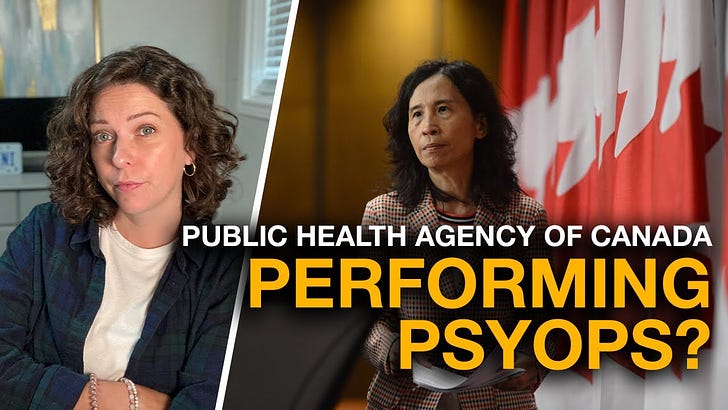



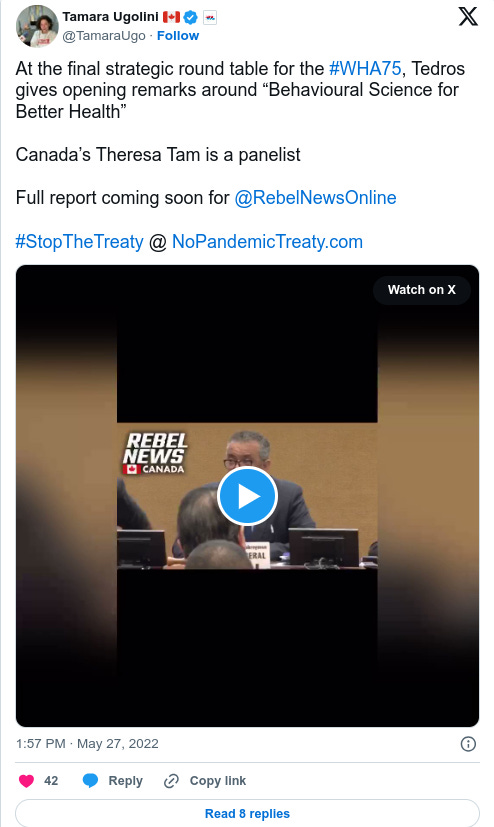
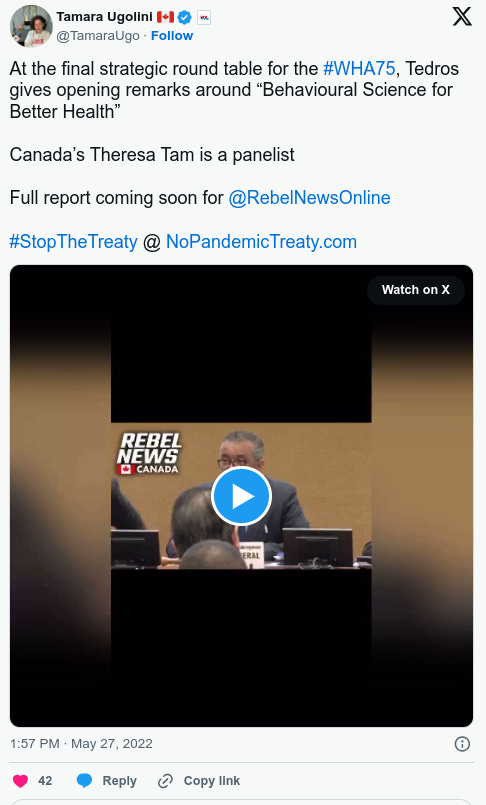
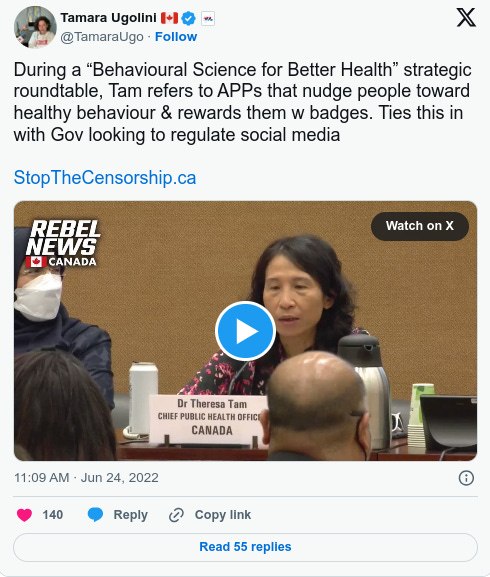
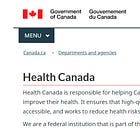
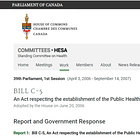
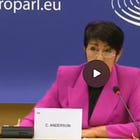





Each country had a "nudge" unit active within their government during covid. SAGE was in UK. Dont remember the name of the Aussie group, but they had one, it was part of the National Cabinet formed for the "pandemic", 🤔🤔I'm sure if you check each country with the highest vax rates, you'll find a similar faux-sci group, operating "nudge" policy.😉🤐🤐
They’ve been using behavioral science evidence to psyop and manipulate the people for decades, especially the children. It’s sick and disgusting. Now Canada actually creates a taxpayer funded in your face department, one giant step toward self destruction. How much dumber can it get?